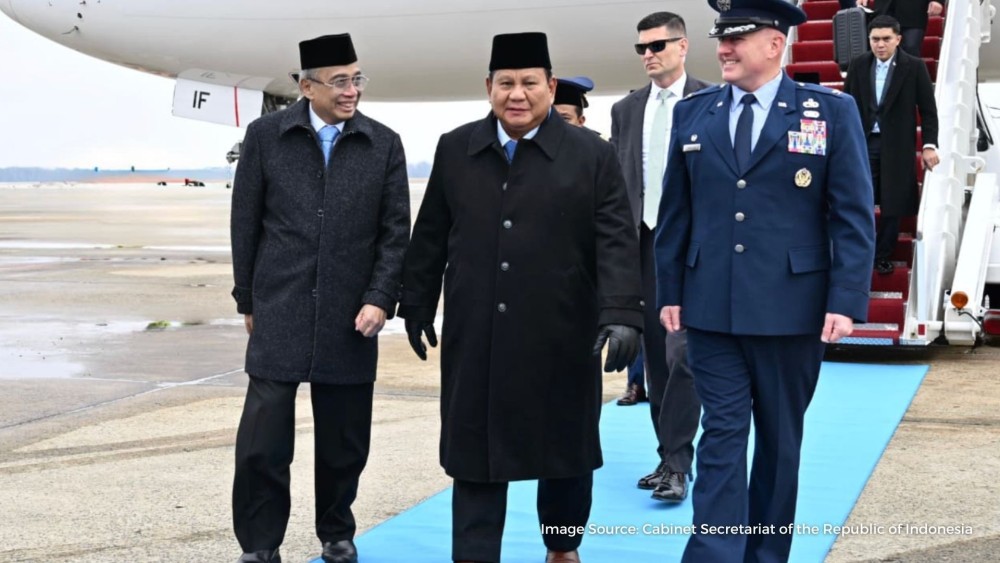Indonesia’s Economy Grew 5% in 2024 Amid Global Uncertainty
05 Feb 2025

Indonesia’s economy expanded by 5.03% in 2024, nearly matching last year's 5.05% growth rate but falling short of the government’s target of 5.2%, according to data released by the Central Statistics Agency (BPS) on Wednesday. While the growth rate aligns with market expectations, it represents the slowest pace in three years, signaling potential headwinds in 2025.
"All sectors recorded positive growth in 2024," Acting BPS Head Amalia Adininggar Widyasanti said during a briefing, as quoted by Jakarta Globe. She highlighted manufacturing (18.98%), trade (13.07%), and agriculture (12.61%) as the largest contributors to GDP growth. Services, transportation, and accommodation also experienced robust growth, driven by increased tourism and mobility.
Investment activity in 2024 rose by 4.61% year-on-year, the strongest increase in six years. Infrastructure projects accelerated by the outgoing administration, including toll roads and dams, were completed before President Prabowo Subianto took office in October, supporting overall growth. Additionally, political campaign spending and election activities provided temporary boosts to the economy.
However, household consumption, which makes up more than half of Indonesia’s GDP, slowed slightly. Consumption grew 4.98% in the fourth quarter, compared to 4.91% in the previous quarter, driven partly by holiday spending. Retail sales, automotive sales, and money supply indicators signaled a further softening of demand, particularly among middle- and lower-income groups.
“The slowdown reflects weaker purchasing power and reduced mobility,” said Josua Pardede, an economist at Bank Permata. He noted that car sales growth fell sharply to 3.77% in the fourth quarter, down from 14.82% in the previous quarter.
Bank Indonesia Governor Perry Warjiyo projected that 2024 GDP growth would fall near the lower end of the 4.7%-5.5% forecast range due to subdued private sector investment and declining export demand from key trade partners, with the exception of the United States. Warjiyo added that global uncertainties and potential U.S. tariffs could further pressure the economy.
To counter these risks, Bank Indonesia has implemented two interest rate cuts totaling 50 basis points since September to stimulate domestic demand. In parallel, Prabowo’s administration has introduced measures to boost household purchasing power, including electricity tariff discounts, free school meals, and affordable housing programs.
Economists remain cautiously optimistic about Indonesia’s economic performance in 2025, projecting growth around 5%. "Recovering purchasing power will support consumption, though rising costs remain a challenge," said Hosianna Evalita Situmorang, an economist at Bank Danamon.
Despite these forecasts, the World Bank warned in its October 2024 Indonesia Economic Prospects report that Indonesia faces ongoing risks from volatile commodity prices, geopolitical uncertainties, and rising food and energy costs. The report predicted average annual GDP growth of 5.1% from 2024 to 2026.






